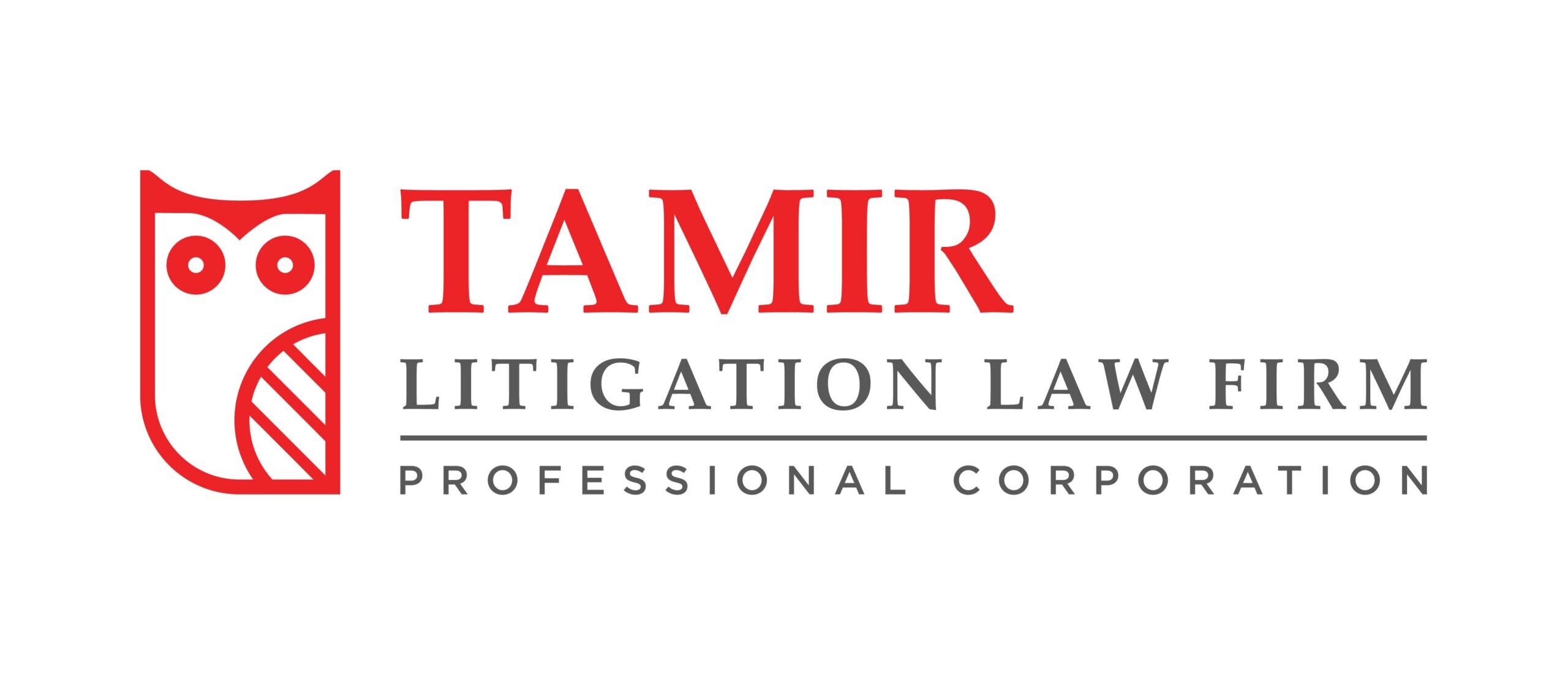In September 2025, the Law Society Tribunal released its decision in Law Society of Ontario v. Balaganthan, 2025 ONLSTH 126. It’s a case that should make every Ontario lawyer pause and reflect on how they use their trust account and how quickly “naïve” judgment calls can cross into professional misconduct.
As a lawyer focused on discipline and regulatory defence, I see a common theme: red flags ignored at the front end almost always come back to haunt a licensee. This decision is no exception.
The Case in Brief
Ganesh Balaganthan had an unusual career path. Before law, he spent 14 years as a Toronto police officer. Called to the bar in 2018, he opened his own practice in 2019.
His first client asked him to draft a joint venture agreement tied to a $2.1 million share purchase. Within weeks, $1.7 million, later revealed to be stolen from the City of Surrey in a phishing fraud, was routed into his brand-new trust account.
The transaction collapsed, but instead of ending his involvement, Balaganthan was asked to recover and distribute the money. His own notes from a June 3, 2019 meeting captured a crucial line: “I will be paid from the funds received.”
The Tribunal didn’t base its findings on this note. But to me, it reveals something important: by tying his compensation directly to the flow of funds, he created a financial incentive to go along with the scheme. That incentive likely lowered his defences at precisely the moment when heightened caution was required.
The Tribunal’s Findings
The Tribunal acknowledged Balaganthan’s personal hardships (two gravely ill children, his own health issues) and inexperience. But it still concluded he was wilfully blind to a series of glaring red flags:
- A first-time client offering him a multi-million-dollar deal, despite his lack of corporate experience.
- Offshore parties with no apparent connection to the transaction.
- Instructions to distribute funds to strangers who weren’t part of the joint venture.
- A paralegal pocketing over $300,000 in unexplained “fees.”
- An incoherent “anti-money laundering declaration” drafted by the lawyer himself.
On this basis, the Tribunal found that he:
- Knowingly assisted in fraud (through wilful blindness).
- Failed to ascertain the purpose and objectives of his retainer or gather sufficient client information.
- Misused his trust account for purposes unrelated to legal services.
Penalty will be decided at a future hearing.
My Commentary: Practical Lessons for the Bar
These are not the Tribunal’s words, they are my own observations as counsel who defends licensees in the disciplinary matters.
1. Inexperience is no shield
Every lawyer, no matter how new, is held to the standard of competence. Being “duped” by a first client is not a defence.
2. Personal hardship explains but does not excuse
The Tribunal was sympathetic to Balaganthan’s family circumstances, but emphasized that there is no sliding scale of professional responsibility.
3. Trust accounts are not escrow services
Outside of real estate closings and a handful of narrow contexts, there are very few legitimate reasons for client money to flow through trust. Using trust as a pass-through bank account is a recipe for discipline.
4. First-time exposure is a warning sign
If you are facing your first situation where a large sum of client money is meant to pass through your trust account, stop. Pick up the phone. Call LAWPRO or/ and the Law Society’s Practice Management Helpline before you act. Treat it as a proactive compliance step, not a reactive defence.
5. Beware of perverse incentives
When legal fees are tied directly to the movement of money through trust account , i.e., “I will be paid from the funds received” judgment can be clouded. That incentive structure is itself a red flag.
6. Paper shields don’t protect
An incoherent declaration signed by a client does not absolve responsibility. In fact, it can be evidence that you recognized the risk but went ahead anyway.
Why This Case Matters
The irony is striking: a former Toronto police officer, with no background in financial crime, became the unwitting tool of fraudsters as his first client. His trust account, brand new and untested, became the perfect vehicle for laundering $1.7 million in stolen public funds.
For the profession, the lesson is clear: when money doesn’t belong in trust, don’t let it in. If something feels off, it probably is.
Final Thought
Regulatory cases like Balaganthan remind us that professional discipline isn’t about intent alone, it’s about judgment, systems, and safeguards.
What was LSO v. Balaganthan about?
This case involved a newly-called Ontario lawyer who was found guilty of professional misconduct after $1.7 million in stolen funds flowed through his trust account. The Law Society Tribunal concluded he was wilfully blind to multiple red flags and misused his trust account for non-legal purposes.
What is “wilful blindness” in professional discipline cases?
Wilful blindness means a lawyer suspects that something is wrong, such as a fraudulent or suspicious transaction, but avoids asking questions or making further inquiries for fear of confirming the suspicion. In professional discipline law, wilful blindness is treated the same as actual knowledge of misconduct.
Why is this case important for lawyers?
It highlights that inexperience, personal hardship, or being “duped” by a client is not a defence. Every lawyer is held to the standard of competence. Red flags must be investigated, and trust accounts cannot be used as pass-through banking services.
When can client money properly flow through a lawyer’s trust account?
In Ontario, the legitimate use of trust accounts is narrow. Real estate closings, estate matters and settlements in personal injury actions are the most common examples. For other areas of practice, significant client funds should rarely move through trust. If you face such a situation for the first time, you should contact LAWPRO or the Law Society’s Practice Management Helpline before acting.
What should a lawyer do if they are under investigation for trust account misuse?
Ideally, seek immediate regulatory defence counsel. But regardless of your circumstances, you should always fully cooperate with the LSO investigation, otherwise you are risking a very serious discipline, including revocation.
This commentary is for informational purposes only and does not constitute legal advice. Contact Tamir Litigation Law Firm today at 416-499-1676 or visit tamirlitigation.com to learn how you can protect your licence and your reputation. You can also message us on WhatsApp for a free initial chat.

